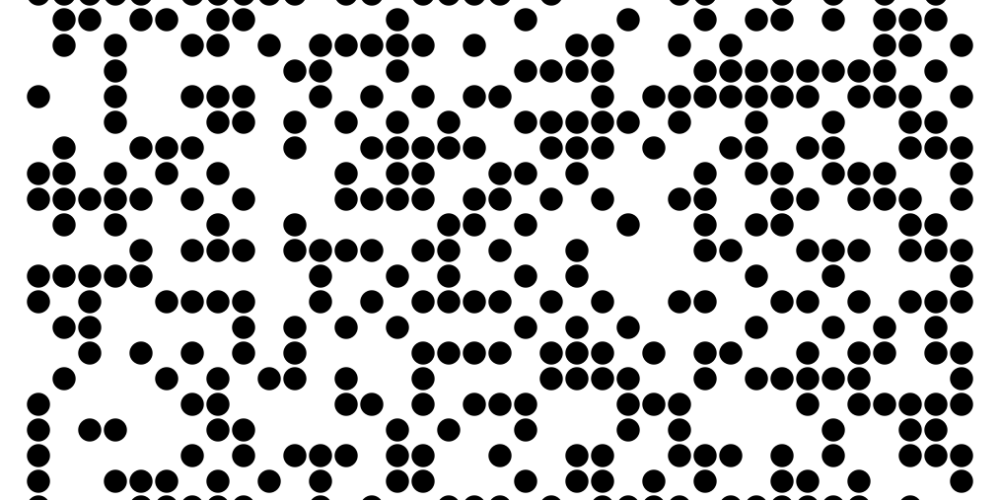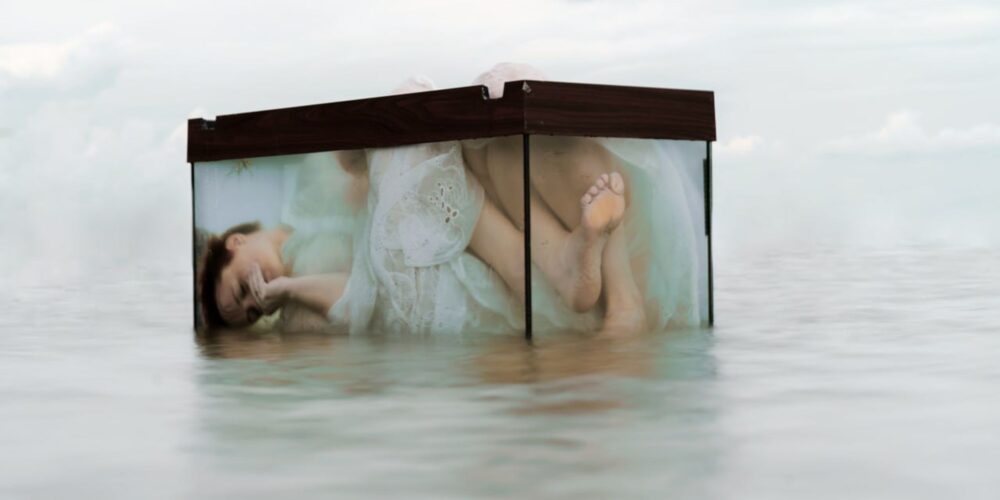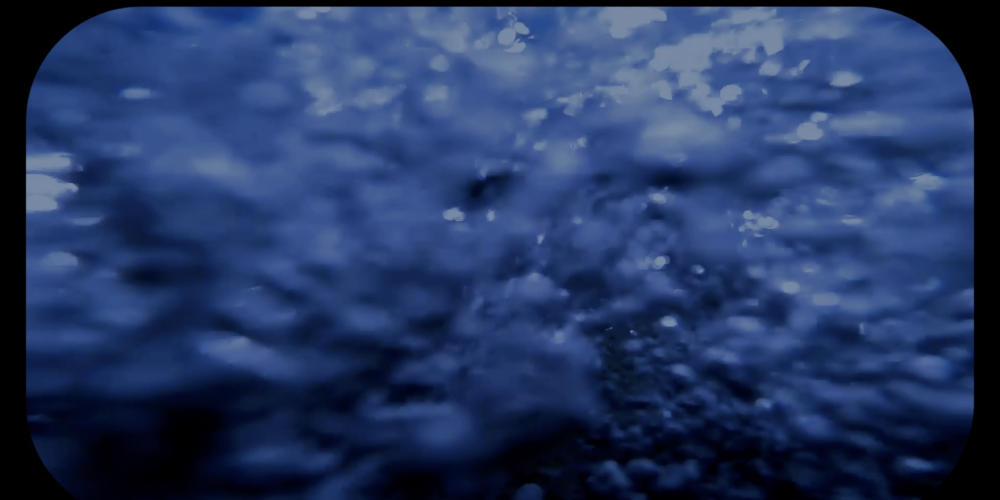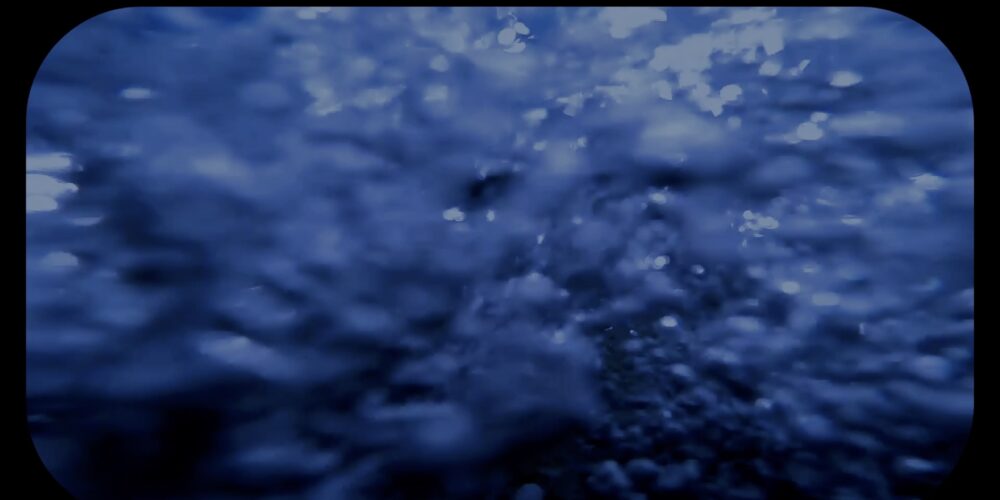HOME? Caux HWP2023
HOME?
What is a home? Where is it Can we carry it with us ? Is it the things we own? Is is the people? Is it the bulding?
What happens to you if you have to flee your home? What would you take with you ?
Sometimes the storm reaches us, and we are helpless. How can we find fellowship in these times? Can we build strong walls to protect ourselves from the storm?
Polina:.
I didn’t know how much I loved my place and my land before I started losing them. Perhaps it is the feeling of loss that adds new value to places, things or relationships.
Home to me is a sentimental memory. Returning to my city, which is now very close to warfare, I walk through the streets that are filled with memories and understand that this cannot be replaced by anything.
My childhood was here, I took my first steps here, and so did my children, my first love was here as well as the last one. Hometown, it’s like a treasure box, looking at which you feel alive, because you have a future ahead of you.
At home, you can move with your eyes closed because everything is so familiar.
Home is security.
Returning to my native place, where you can often hear the explosions, I feel such security which I cannot feel anywhere else. Because I know that my home is here, and I know where my home is.
Only common sense encourages me to gather my roots into my heart, and go save my life in another more secure place.
Home is people, relatives, friends and family. You don’t have to keep in touch all the time, you just know where they are. Sometimes you can casually meet them on the street, sometimes they will be your unexpected guests. My home is now scattered all over the world, but with the help of a phone call, sometimes I can feel it.
Home is a sentimental thing. Where’s home, there’s love and warmth. And instead of important social steps, you travel through the entire world, just to save the cat that your son once picked up on the street when he was a kid.
Home is something that is always in its place, and you can confidently leave it to travel, to explore the world. But when your home is destroyed, it becomes clear that the whole world doesn’t feel that interesting to you.
I know many long-term migrants from Ukraine who felt an irrational desire to come back to Ukraine at the beginning of the war.
My house stands, though partially ruined. And I cannot imagine how people who have lost everything feel. How can you then get your future back, in other places?
Sveinung
I’m thinking more and more about aggression. How to protect your world from invasion, how despite having a soft heart, to be able to defend yourself, so you don’t lose yourself and your home.
I have moved many times in my life and have changed accents and language. I have lost friendships, I have gotten new ones, I have been a stranger, I have felt like a nomad. At these times it helps to think these thoughts:
Home for me are the roots inside my heart
Home for me are the branches that grow from my heart
Home for me are the people that know me
Home for me are the things I don’t need to say
Home for me is to be understood
Home for me is to be vulnerable and not alone
Home is the place I can feel the past and try the future
Home for me is a song with no words but all of the meaning
Home for me is a guitar and some meaningful notes
Home for me is a view from a mountaintop that I can share with others
Home for me is a cup of coffee and hearing other peoples’ story
Home is my language, my dialect, the small ways of shaping words that other people understand
Home is the streets I have walked a thousand times and that have created permanent marks in my memory
Home is my hat, a hat that tells me a carry a history and a future
Home for me is an anchor that is in the sky and on the earth
85 minutes in the water
This project is dedicated to the victims of the terrorist attack on the Kakhovka HPP on 06.06.2023.
The number of deaths and the scale of destruction have not yet been calculated since most of the flooded territory is under Russian occupation.
85 minutes.
85 minutes is the time I’ve spent in an aquarium filled with river water in an attempt to realize the tragedy.
Aquarium.
An aquarium or just a glass flask resembles a container for anatomical exhibits. In the same way, Ukraine now reminds me of a huge experiment, which the entire world is watching through a so-called transparent wall: how can we all handle it here. The world wants to see if we are heroic enough, smart enough, do we have corruption. They want to see what new forms of overcoming the invasion our military will invent. This glass wall also represents the endless screens of gadgets.
Sometimes I joke that Netflix has prepared the world well for war, so it’s difficult to surprise people with anything.
Frustration.
Like all Ukrainians, I live in circumstances where you are constantly faced with information and events that are impossible to process, accept or understand. Not all Ukrainians joined the military, not everyone has the opportunity to directly express their anger or take revenge.
Frustration.
We all suffer irreversible losses here, every day our friends and people around us are dying: old and young people and even children. Animals and the entire ecosystems are dying, cities that we love are being destroyed. We lose our homes, our lifestyles. Our loved ones are now scattered around the world. This is such a usual thing for every Ukrainian, and it’s not a popular topic to talk about here. Therefore, most of us choose to hide our feelings, and to hide from our feelings ourselves.
You get used to enduring inconveniences: sitting as long as necessary in a bomb shelter, spending 24 hours on the floor in an evacuation train, living without electricity, living in foreign cities where everything is so alien to you. So spending 85 minutes in this cold water wasn’t extraordinary for me.
I just toughed it out a little.
Closed space is about closed feelings.
Ophelia.
For some reason, this image arose in my mind – a woman wearing a white dress, laying in water. When I saw the result, I realized how terrifying it is when looking through the lens of the Kherson tragedy. In the information space, there are very few statistics related to the dead victims, because most of them are the elderly in the occupied territories. Only a few can be seen in photos on social media.
My Ophelia is an unknown woman in the cold water of the Dnieper.
Experiment.
Frustration is very difficult to withstand and it was the aquarium that turned out to be a good place for reflecting. A lot became clear to me when I was there. Indeed, at the beginning of the project, most of all I thought about the frame, the camera battery, where to take the aquarium and how to transport it. I did not think at all how I myself would feel inside the aquarium. It turned out that the water in which children swim cheerfully on a hot summer day cools the body in 10 minutes and it feels almost unbearable.
Beauty.
The Kakhovka Dam was blown up on a warm summer day. Such calm majestic water between houses and trees, floating swans, blue sky. All the videos and photographs were so beautiful that it was difficult to realize that someone had sunk in their own house. After all, water always seemed a gentle element to me.
Horror and evil are not always obvious.
Then the water came down.
It saves nothing, this beauty.
*“When recording, framing was incredibly important. To me, this rectangle resembles a coffin and metaphorically conveys a sense of the transparency of death that is broadcasted as a show in a living space. Water volume and the long shot were also perfect for the concept and the context enhances the resonance of the excessive presence of water. The balance of flat and static with voluminous and dynamic in the frame is perfect in my opinion.*
*It is amazing when looking closely at Polina’s immersion and listening to the children’s hype, I felt dissonance from the feelings of disaster and the everyday life. Commonness of a disaster is becoming a national catastrophe. Information is like water in which no one has access to air or can’t get away from the state of constant tension. Every breath of air is the support of friends and happy events in the ocean of war catastrophes and losses.” (Andriy Skrypka)*
Cameraman, photographer, co-author: Andriy Skrypka.
Article by: Polina Kuznetsova
Special thanks: Olexiy Mikhailov, Alex Safonov
Translation by: Maria Yefimenko





